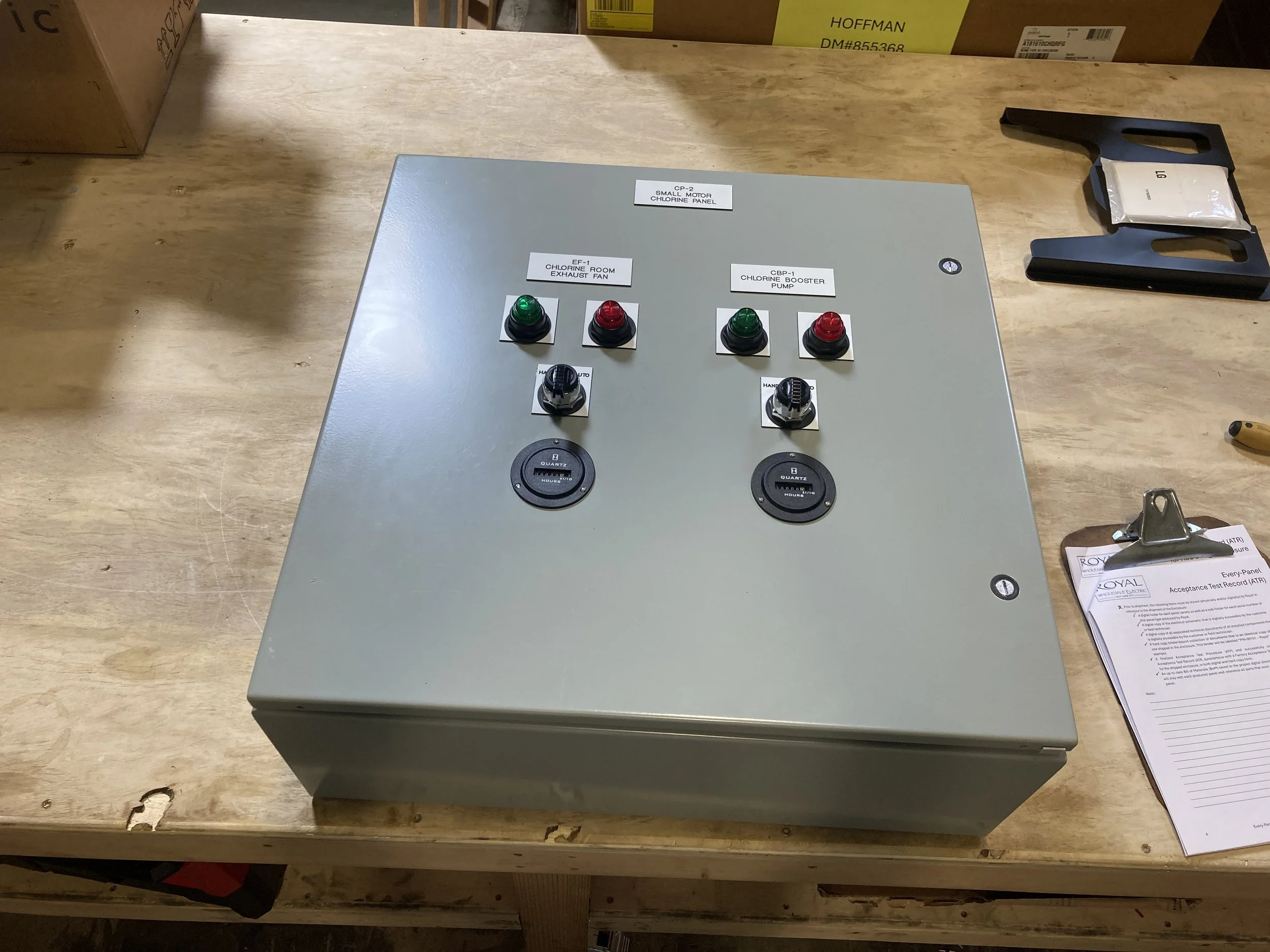Chlorine Chemical Pump Controller for Municipal Usage
Enhancing Municipal Water Treatment: The Role of Small-Scale Chlorine Chemical Pumps
In the quest to provide clean and safe drinking water to communities, municipal water treatment facilities rely on a variety of technologies and processes. One critical component in this effort is the chlorine chemical pump. Designed for precision and reliability, small-scale chlorine chemical pumps play a vital role in ensuring the effective disinfection of water supplies. Let’s delve into the importance, functionality, and benefits of these essential devices in municipal water treatment.
The Importance of Chlorine in Water Treatment
Chlorine has long been the disinfectant of choice for municipal water treatment due to its effectiveness in killing harmful pathogens, including bacteria, viruses, and protozoans. Its widespread use is attributed to several key benefits:
Broad Spectrum Efficacy: Chlorine is effective against a wide range of microorganisms, ensuring comprehensive disinfection.
Residual Protection: Chlorine provides ongoing protection by maintaining a residual presence in the water distribution system, preventing recontamination.
Cost-Effective: Chlorine is relatively inexpensive and readily available, making it a practical choice for municipalities of all sizes.
How Small-Scale Chlorine Chemical Pumps Work
Small-scale chlorine chemical pumps are designed to deliver precise doses of chlorine into the water supply. Here’s a breakdown of their operation:
Chemical Storage: Chlorine, typically in the form of liquid sodium hypochlorite, is stored in a secure, ventilated container.
Metering Pump: The chlorine is fed into the system using a metering pump. These pumps are specifically designed to handle corrosive chemicals and provide accurate dosing.
Control System: Advanced pumps are equipped with control systems that allow operators to adjust the dosing rate based on real-time water quality data and demand.
Injection Point: The chlorine is injected into the water at a designated point, ensuring thorough mixing and effective disinfection.
Key Features of Small-Scale Chlorine Chemical Pumps
Precision Dosing: These pumps offer highly accurate dosing capabilities, ensuring the correct amount of chlorine is added to achieve optimal disinfection without over- or under-dosing.
Corrosion Resistance: Constructed from materials that resist corrosion, such as plastics and stainless steel, to withstand the harsh chemical environment.
Adjustable Flow Rates: Pumps can be easily adjusted to meet varying water treatment needs, ensuring flexibility and responsiveness.
Automation and Monitoring: Many pumps come with automated controls and monitoring systems that provide real-time data, enhancing operational efficiency and reliability.
Benefits of Using Small-Scale Chlorine Chemical Pumps in Municipal Water Treatment
Improved Water Quality: Accurate dosing ensures effective disinfection, resulting in safer, cleaner drinking water for the community.
Operational Efficiency: Automation and monitoring reduce the need for manual intervention, allowing for more efficient operation and quicker response to changes in water quality.
Cost Savings: Precision dosing minimizes chemical waste, reducing overall chlorine usage and associated costs.
Compliance and Safety: Consistent and reliable chlorine dosing helps municipalities meet regulatory standards and maintain public health.
Applications of Small-Scale Chlorine Chemical Pumps
Drinking Water Treatment: Ensuring the disinfection of municipal water supplies to provide safe drinking water.
Wastewater Treatment: Used in the disinfection of treated wastewater before it is discharged into the environment or reused.
Emergency Water Supply Systems: Providing reliable disinfection in temporary or emergency water supply setups.
Small Community Systems: Ideal for small municipalities or rural areas with lower water demand but equally critical disinfection needs.
Lets Take a Look at Our System
This bespoke electrical enclosure was designed by the client to operate two independent pump motors to move chlorine chemical as part of a water treatment design. Motor starters were included to properly meter amperage of the control motors during operation. Terminal blocks and control components enabled both local and remote control of the system. As with many other electrical enclosures produced, field terminations labelled and left open to enable the installer to connect the external system with ease and accuracy.
Conclusion
Small-scale chlorine chemical pumps are a cornerstone of modern municipal water treatment, offering precision, reliability, and efficiency. By ensuring the accurate dosing of chlorine, these pumps help maintain the safety and quality of public water supplies, protecting community health and supporting regulatory compliance. As water treatment technology continues to advance, the role of these pumps in delivering clean, safe water remains as crucial as ever.




